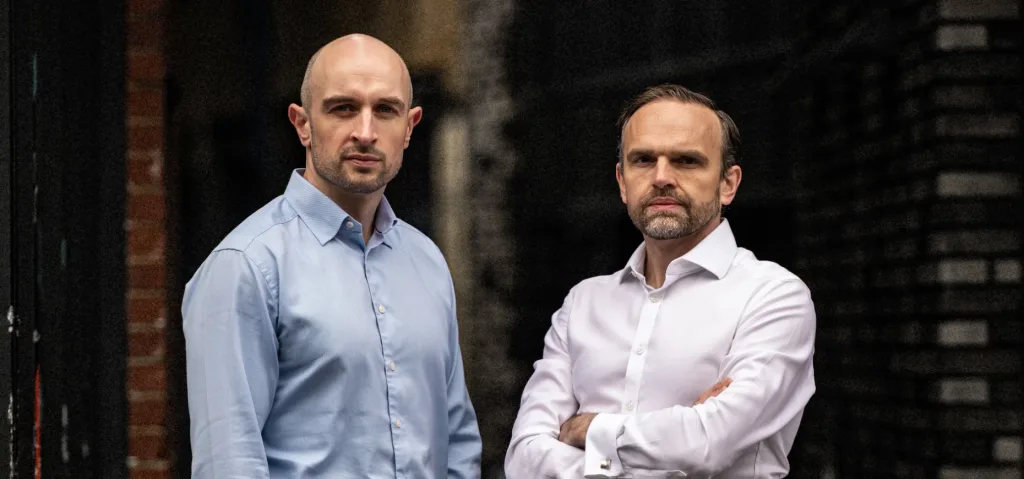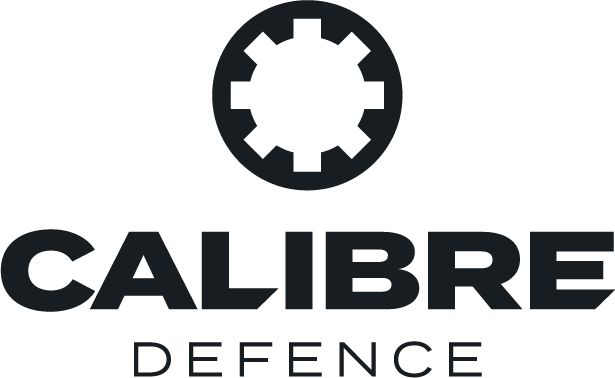Arondite raises $12 million in seed funding
The UK’s Arondite has raised $12.25 million (£8.97 million/€10.59 million) in seed funding following a recent funding round led by Index Ventures, which has contributed $10 million (£7.48 million/€8.83 million) to support the company’s growth and product development, according to a 1st May announcement on the Index Ventures website.
The seed funding followed an unannounced pre-seed round in 2024, which secured $2.25 million (£1.68 million/€1.99 million) and was led by Concept Ventures, an investment firm that has backed Arondite from the company’s start, at “the first cheque stage,” according to the company’s website. This typically refers to the very earliest investments in a company. It can happen when a venture is very young, or with only a minimal viable product.
The funding will be used to support an increase in the company’s engineering team and accelerate product development while expanding pilot deployments with defence and critical infrastructure partners. The company will also continue its development of AI-enabled capabilities that will support human-machine teaming.
Arondite is building and developing a product called Cobalt that is designed to help users gain and maintain oversight and control over large teamings of autonomous and robotic systems from different providers. This is the first funding round that the company has announced, but it appears to have gained some traction and growth already.
“We are deeply mindful of the responsibility to ensure AI tools are built in a way that ensures humans retain control. It’s not enough for these systems to be powerful; they have to be worthy of the values they are designed to protect,” Will Blyth, the Arondite CEO said.
Company profile: Arondite

Will Blyth (left), and Rob Underhill (right), are the CEO and CTO of Arondite. They bring a wealth of experience and knowledge from across the defence ecosystem to their company. Credit: Arondite.
Arondite was founded by Will Blyth and Rob Underhill as CEO and CTO respectively, to provide platform-agnostic software solutions that support the scaling and integration of robotic and autonomous systems, and sensors into a single platform. Will has worked at Helsing and Palantir, and served in the British Army. Rob was a lead engineer at BAE Systems and founded a company called Garrison Technologies, which is now a part of Everfox and provided cyber security for government institutions. Arondite is based in the UK and was active in early 2024, so the announcement of its funding round indicates that the company has made rapid progress in its product development. The team already consists of 14 people, half of which appear to be involved in product development and engineering.
Cobalt is described as “providing the connective tissue” between autonomous systems, giving the user oversight of disparate systems and how they are working. Cobalt is built around four layers: An integration layer, which the company states can instantly unify any data, sensor, or robotic system; A unified data module that consolidates all the gathered data into a single operational view; An analytics and intelligence layer, which is used to anticipate problems with the connected systems and increase efficiency; and a mission management layer that is used to orchestrate missions and use AI to support decision making. Cobalt is designed for multi-domain integration in defence, as well as in civil government – supporting law enforcement and emergency response for example – and in the commercial sphere, to automate logistics and other processes.
Investor profile: Index Ventures
Index secured $2.3 billion (£1.72 billion/€2.03 billion) in investment in 2024, which it is using to establish an $800 million (£598.08 million/€706.96 million) venture fund and $1.5 billion (£1.12 billion/€1.33 billion) growth fund. Some of those funds will be used to support the growth of UK companies like Arondite. Index has invested in more than 100 companies that reached a $1 billion valuation and 23 that exceeded a $10 billion valuation.
Calibre comment
Integrating multiple autonomous systems into a single operational system is a real challenge for the defence industry. The benefits of multiple platforms with autonomous capabilities can only be fully realised if the platforms are able to operate autonomously. For example, the only benefit of having hundreds of remotely operated platforms, with the humans controlling them from some distance away, is that humans are not in direct danger. So, a force stands to gain more from properly enabled autonomous platforms that are able to perform collaborative combat missions with human operators. This increases combat mass and reduces vulnerability to GPS and communications disruption. However, doing so successfully requires systems and capabilities that can integrate multiple diverse sensors and capabilities into a single operational picture, providing the human operator with a point of control from which the activities of those platforms can be observed, monitored, and corrected.
If you would like to learn more about the roles of private equity and venture capital in defence, you might find this interview with Matt Croker, head of mergers and acquisitions at the Heligan Group useful.
By Sam Cranny-Evans, published on 6th May, 2025.

Sign Up for Updates!
Get insider news, tips, and updates. No spam, just the good stuff!






